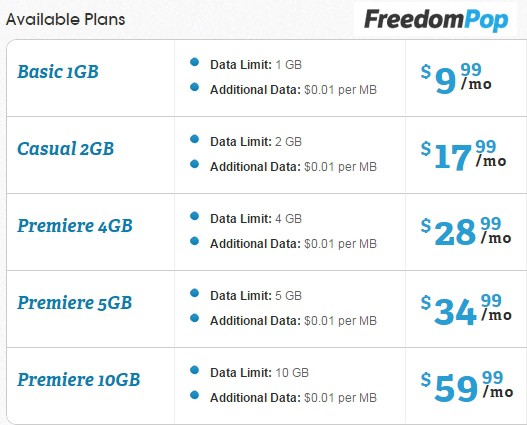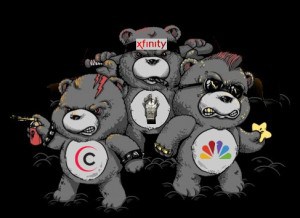 With the FCC’s increasing skepticism that Comcast’s data caps are about fairness and not an attempt to discourage cable TV customers from cutting the cord and watching all of their shows online, Comcast today announced it was overhauling its data cap allowance and unlimited add-on plan.
With the FCC’s increasing skepticism that Comcast’s data caps are about fairness and not an attempt to discourage cable TV customers from cutting the cord and watching all of their shows online, Comcast today announced it was overhauling its data cap allowance and unlimited add-on plan.
Effective June 1, Comcast will increase its current 300GB monthly data cap to a terabyte (1,000GB) for all speed plans. For those exceeding one terabyte in usage, Comcast will sell you an unlimited add-on plan for an extra $50 a month to avoid the overlimit fee of $10 per 50GB of excess usage.
“In our trials, we have experimented with different offers, listened to feedback, and learned a lot,” said Marcien Jenckes, executive vice president of Consumer Services at Comcast Cable. “That is what we said we would do when we launched our trials four years ago – analyze and assess our customers’ reaction to the data plans, including being open to increasing them over time. We have learned that our customers want the peace of mind to stream, surf, game, download, or do whatever they want online. So, we have created a new data plan that is so high that most of our customers will never have to think about how much data they use.”
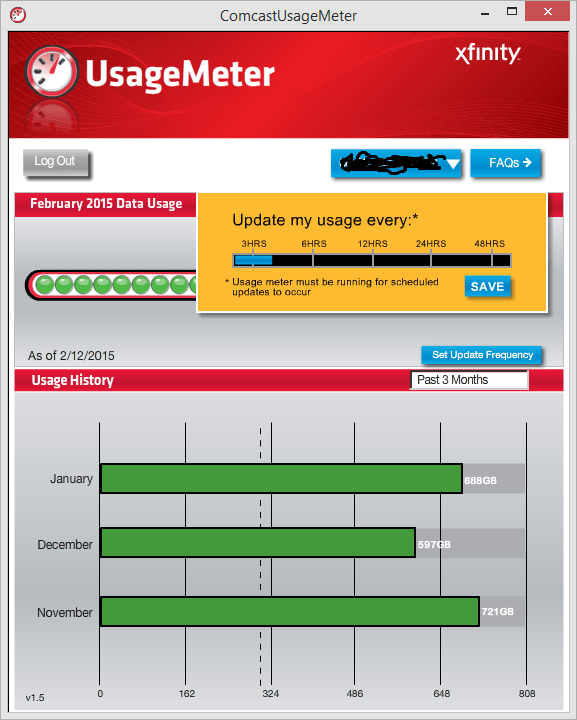 Comcast is also likely responding to thousands of customer complaints filed with the FCC complaining about Comcast’s data caps and the cost of their insurance plan (previously $30-35 depending on market) to avoid overlimit fees.
Comcast is also likely responding to thousands of customer complaints filed with the FCC complaining about Comcast’s data caps and the cost of their insurance plan (previously $30-35 depending on market) to avoid overlimit fees.
Despite near universal opposition to Comcast’s data caps, the company has gradually introduced them in a growing number of cities, mostly in the southern United States.
“Comcast doesn’t listen to its customers,” complains Miguel Santos, a Comcast customer in Miami. “It never has and never will. Our family was facing a $200 Internet bill after Comcast introduced caps in Miami-Dade. Now we grudgingly pay them more than $100 a month just for unlimited Internet. It is totally ridiculous.”
Comcast’s decision comes almost a month to the day after AT&T announced it was increasing usage allowances for its U-verse and DSL customers, albeit less generously than Comcast. Most AT&T DSL customers will face 300GB caps, while most U-verse customers will get a boost to 600GB. Only U-verse customers with speeds over 100Mbps will get 1TB of usage.
“We’ve always said that we’d look carefully at the feedback from our trials, continue to evolve our offers, and listen to our customers,” said Jenckes. “We’re currently evaluating our plans to roll this out in other markets, we’ll keep listening – and we’ll be open to making further changes in the future to deliver the best high-speed data service to our customers.”
“That probably means Comcast’s version of generosity will be coming to your city soon,” predicts Santos.


 Subscribe
Subscribe Comcast is inviting controversy launching a new live streaming TV service targeting cord-cutters while exempting it from its own data caps.
Comcast is inviting controversy launching a new live streaming TV service targeting cord-cutters while exempting it from its own data caps.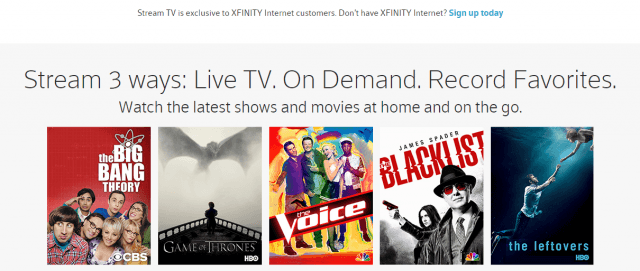
 Comcast claims it is reasonable to exempt Stream TV from its 300GB data cap being tested in a growing number of markets.
Comcast claims it is reasonable to exempt Stream TV from its 300GB data cap being tested in a growing number of markets.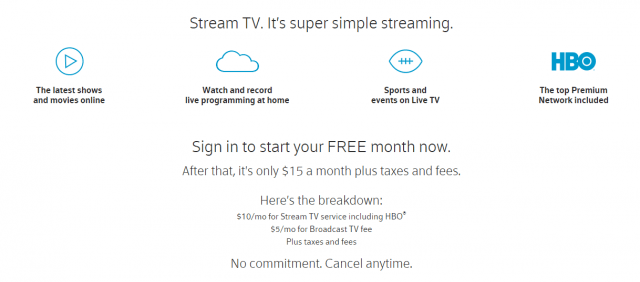
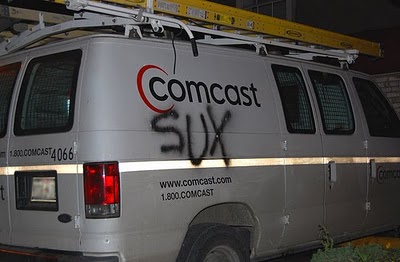
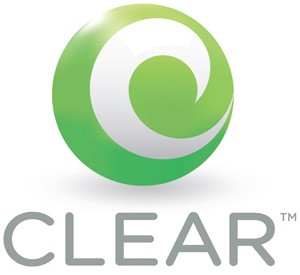 Clearwire users seeking alternatives after the wireless ISP shuts down its WiMAX network this fall are surprised to hear some Clear customer service representatives recommending Comcast as their best option.
Clearwire users seeking alternatives after the wireless ISP shuts down its WiMAX network this fall are surprised to hear some Clear customer service representatives recommending Comcast as their best option.
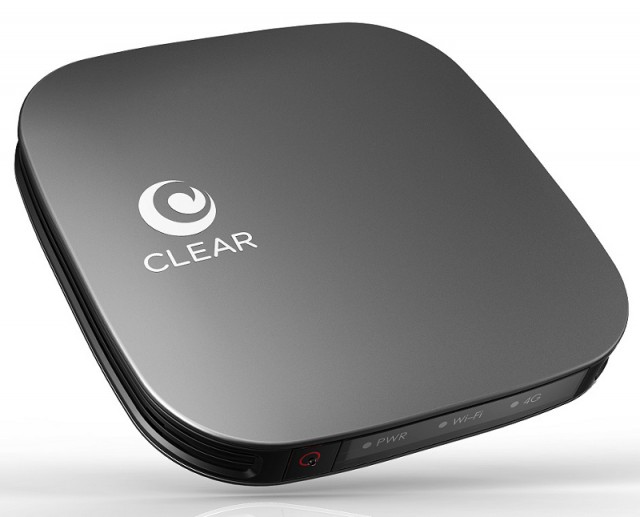
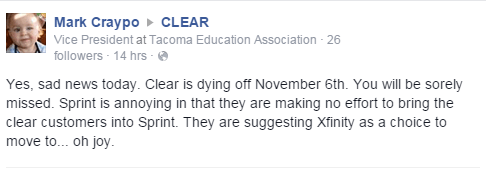 Clearwire’s
Clearwire’s 
